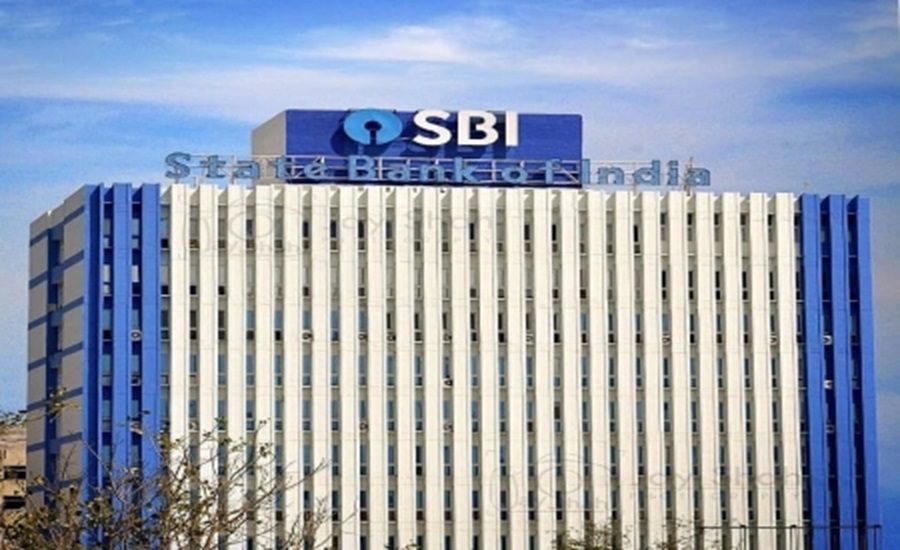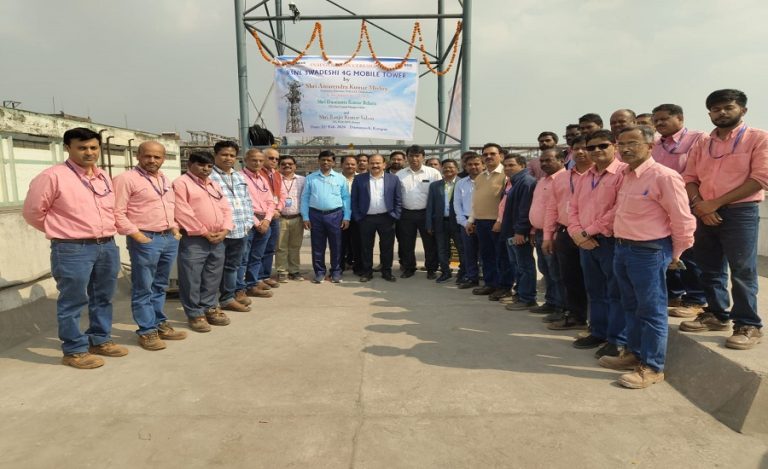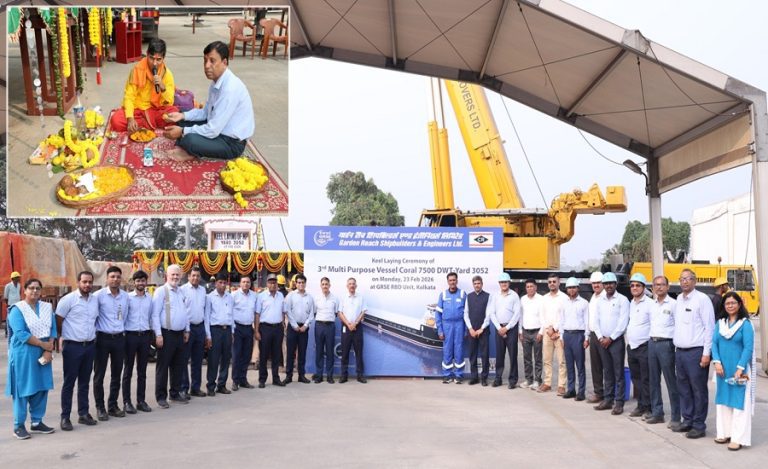New Delhi: State Bank of India (SBI), along with its subsidiary SBI Payments Services, aims to complete the modernisation of its core-banking infrastructure within the next two years, a senior bank official said.
Speaking at the Singapore FinTech Festival, SBI Managing Director (Corporate Banking & Subsidiaries) Ashwini Kumar Tewari outlined the bank’s roadmap to transform its legacy systems through hollowisation, microservices, modernisation, and externalisation, while ensuring continuity, trust, and operational resilience.
Four-Axis Strategy for Core Modernisation
Tewari explained that SBI is pursuing a four-axis strategy:
- Hardware Upgrade: Strengthening the bank’s computing infrastructure for enhanced performance.
- Platform Migration: Moving core operations from Unix to Linux systems for better scalability.
- Hollowing Out Core Functions: Externalising processes such as vendor and government payments to increase efficiency.
- Microservices Implementation: Introducing modular services for key operations, including inquiries and accounting, to enable flexibility and faster deployment.
These measures, he noted, are designed to re-architect SBI’s core systems for greater agility, scalability, and robustness.
Read also: SBI to Acquire Up to 9.9% Stake in CareEdge Global IFSC Limited with ₹2.97 Crore Investment
Private Cloud Infrastructure for Scalability and Compliance
In addition to modernising core systems, SBI is building a private cloud infrastructure to ensure scalability while maintaining regulatory compliance and data security. Tewari emphasised the importance of continuous service availability: “We are modernising as we run the ship. Our systems must always remain on and available to customers.”
Strengthening Fintech Partnerships
SBI is also reshaping its relationship with the fintech ecosystem, moving from a narrative of competition to one of collaboration. To foster innovation, the bank has developed a sandbox and innovation hub, offering access to nearly 300 APIs for fintechs to test and integrate their solutions with SBI’s systems.
Tewari highlighted that agility, convenience, intuitive interfaces, security, compliance, and the ability to handle SBI’s operational scale are critical parameters for onboarding fintech partners.
Outlook
With these initiatives, SBI is positioning itself as a future-ready bank, capable of supporting large-scale operations while driving innovation through fintech collaborations. The bank’s focus on modernisation and digital partnerships is expected to enhance customer experience and operational efficiency over the coming years.
About SBI
State Bank of India (SBI) is India’s largest public sector bank and a leading financial services provider under the Ministry of Finance, Government of India. Headquartered in Mumbai, SBI offers a wide range of banking products and services, including retail, corporate, and international banking, and plays a critical role in promoting financial inclusion across India.



























